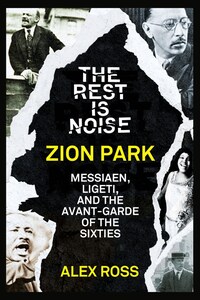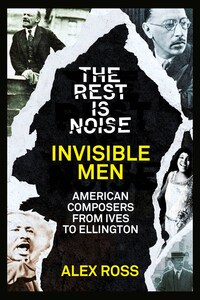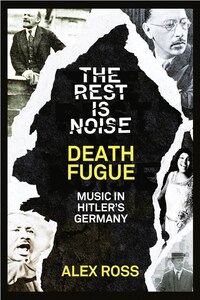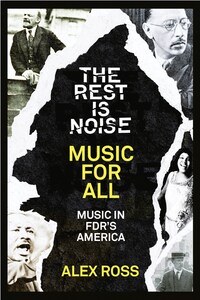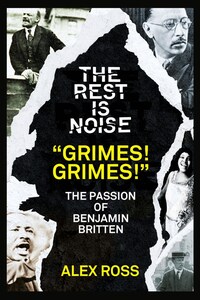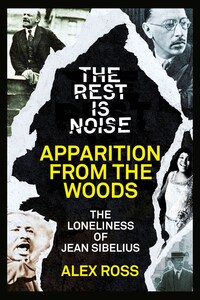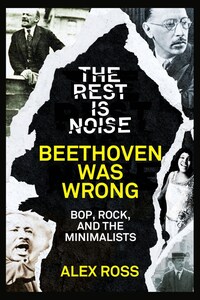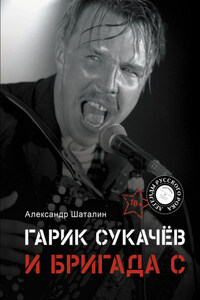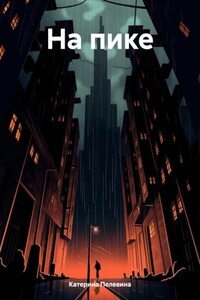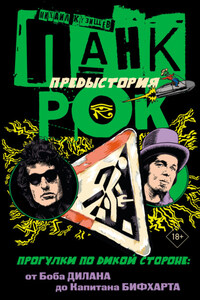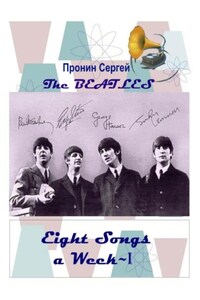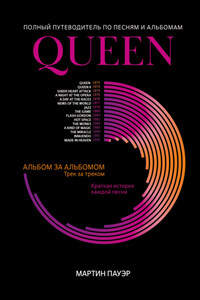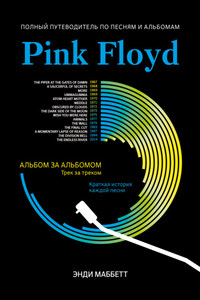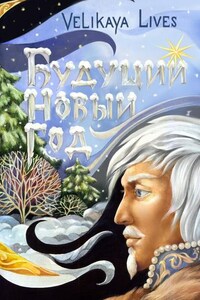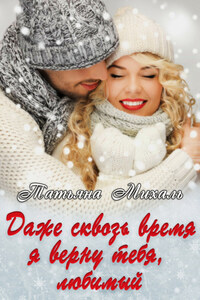13
ZION PARK
Messiaen, Ligeti, and the Avant-Garde of the Sixties
“I have found that it is not to be,” Adrian Leverkühn declares, in his bloodcurdling meditation on Beethoven’s Ninth Symphony. “The good and the noble, what they call the human, despite the fact that it is good and noble. What men have fought for, have stormed citadels for, and, in their moment of fulfillment, have jubilantly proclaimed—it is not to be. It will be taken back. I will take it back.”
Thomas Mann’s Faustian composer is alluding to a musical code that is written into Beethoven’s last string quartet. In the introduction to the finale, the viola and cello play a sighing minor-key phrase to which are attached the words “Must it be?” The violins reply, swinging into the major: “It must be!” The little exchange was conceived as a joke, but it has a serious subtext; it expresses in miniature the spirit of cosmic affirmation that blares forth so triumphantly in Beethoven’s “Ode to Joy.” Leverkühn has no interest in embracing the millions. In the twentieth century, he might argue, affirmation has become banal. Only by striking the dark note can he achieve true seriousness and originality.
Leverkühn’s aesthetic of denial and negation captures in somewhat exaggerated form one of the dominant strains of twentieth-century music. The fictional composer bears traces of Schoenberg and Webern, who professed to have killed tonality, and perhaps of Varèse, who fancied himself a “diabolic Parsifal.” Leverkühn also foreshadows Boulez, with his aesthetic of “still more violent”; Cage, who said that he was “going toward violence rather than tenderness, hell rather than heaven”; the ironic, self-flagellating, death-obsessed Shostakovich; and even Britten, who made an arabesque of the words “The ceremony of innocence is drowned.” (When Mann heard Britten’s Serenade, he wrote, “Adrian Leverkühn might well have been very happy to have done some of these things.”) More than a few canonical twentieth-century works—Salome, Erwartung, the Rite, Wozzeck, Lulu, Lady Macbeth, Peter Grimes—ride fateful currents toward scenes of violent or mysterious death. They are what Olivier Messiaen called “black masterpieces.”
After the war, composers took up what might be called catastrophe style with a vengeance, history having justified their instinctive attraction to the dreadful and the dire. Krzysztof Penderecki oneupped his colleagues by producing, within one decade, Threnody for the Victims of Hiroshima and Dies Irae (Auschwitz Oratorio). Not coincidentally, the fictional Leverkühn became something of a folk hero among postwar composers, most of whom read Mann’s book at one time or another. Henri Pousseur’s conceptual opera Votre Faust (1960–68) told of a Leverkühnish composer named Henri, who, in one scene, conducts an analysis of Webern’s Second Cantata.
The twentieth century was unquestionably a terrible time in human history—“the century of death,” Leonard Bernstein called it—but proximity to terror does not obligate the artist to make terror his subject. Theodor Adorno, who helped to write the musical passages in Doctor Faustus, saw modernism and kitsch as polar opposites, yet even he admitted that modernism can bring forth its own kind of kitsch—a melodrama of difficulty that easily degenerates into a sort of superannuated adolescent angst. Georg Lukács, in a critique of Adorno, remarked that the philosopher resided in a “Grand Hotel Abyss,” from whose aestheticized security he gazed on the agony of man as if it were an Alpine vista.
There is much to be said for the artwork that answers horror by rejecting or transcending it. Think of the halo-like aura of Stravinsky’s Symphony of Psalms, or of the weightless profundity of Strauss’s Four Last Songs, or of the sacred song of Duke Ellington’s “Come Sunday.” As the fearful fifties gave way to the antic sixties, many European composers looked for a way out of the labyrinth of progress. One was György Ligeti, who witnessed the century of death at close range, having lost most of his family in Hitler’s death camps and then suffered further under Stalinism in his native Hungary. Ligeti nonetheless found it in him to write music of luminosity and wit.
